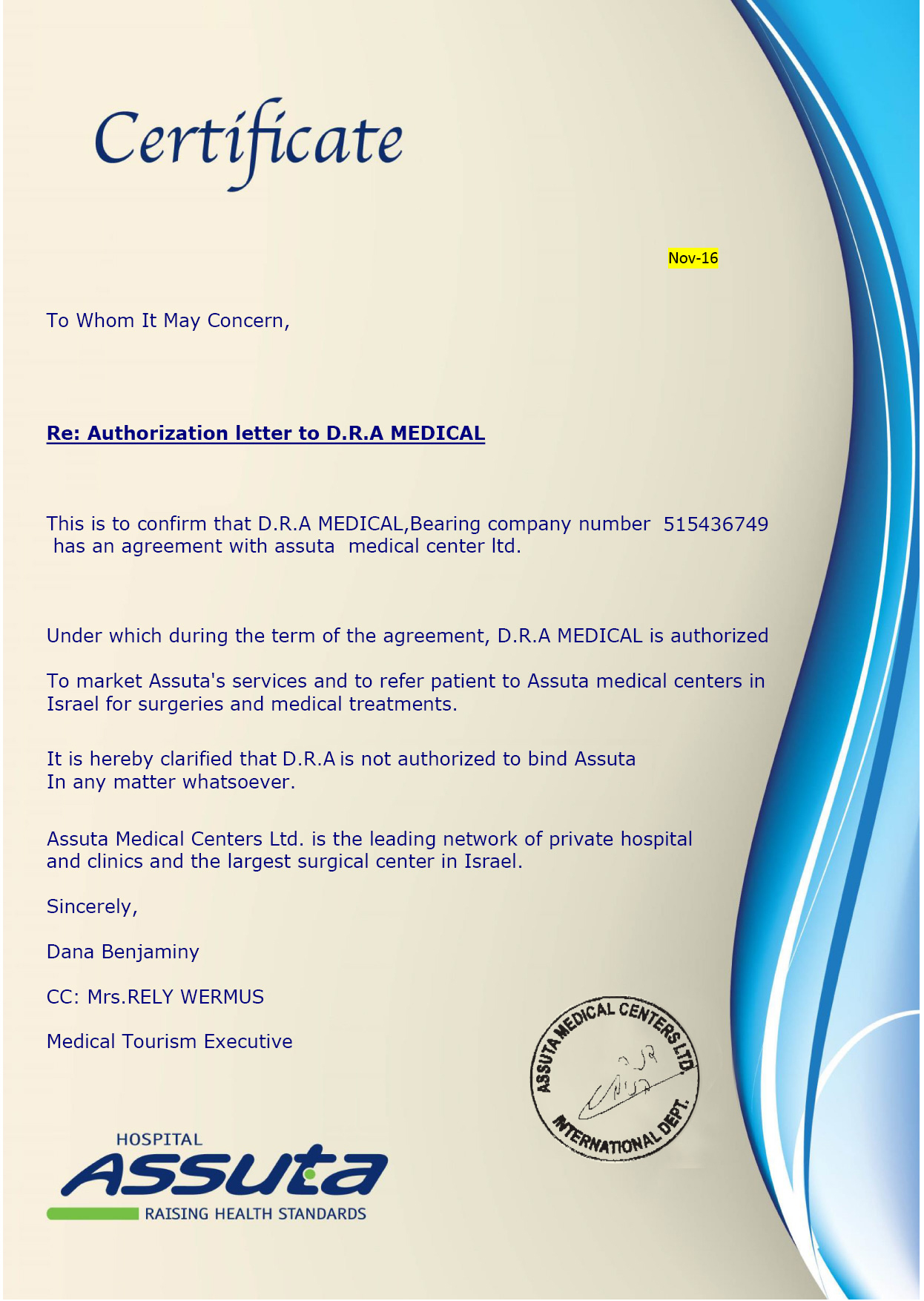Why is it done?
Endoscopic Ultrasound, or EUS, is an outpatient examination that uses sound waves to develop images of your internal organs. Initially, EUS was used to locate tumors and diagnose only early stage cancer in the pancreas. But, EUS has now expanded as a favorable diagnostic tool for other abdominal and digestive conditions, such as bile duct stone detection, fluid collection, and abdominal mass assessment.EUS also serves as the preferred method for assessing incontinence, non-small cell lung cancer, enlarged lymph nodes, rectal fistulas, esophageal cancer, and many other diseases. Therefore, if you suffer from just about any issue in your chest or abdomen, then your doctor may request an Endoscopic Ultrasound to aid in his or her diagnosis. The EUS has also been helpful for administering injections, pain-relieving treatments, and draining pseudocysts.
Before Your Endoscopic Ultrasound
Prior to your exam, your doctor will explain to you how to prepare for your Endoscopic Ultrasound as well as how it will be performed. This may involve eating or avoiding certain foods as well as fasting for a number of hours prior to your exam. In addition, you should make arrangements to take off work the day of your exam. Consequently, you will have ample time to complete your exam and rest afterwards.The Endoscopic Ultrasound Procedure
Generally, your doctor will have you sedated and then guide a thin, bendable tube called an endoscope through either your mouth or anus depending on the region being observed. Within the endoscope is a small, ultrasound mechanism called a transducer, which emits sound waves inside your body. Ultimately, those sound waves produce defined images of adjacent tissues and organs displayed on a monitor and later printed for your doctor to observe for diagnosis.During the exam, your doctor may also choose to take samples of the tissue surrounding the endoscope for biopsy. A EUS normally requires 30 to 90 minutes to complete, but can vary according to what your doctor sees in your images.








